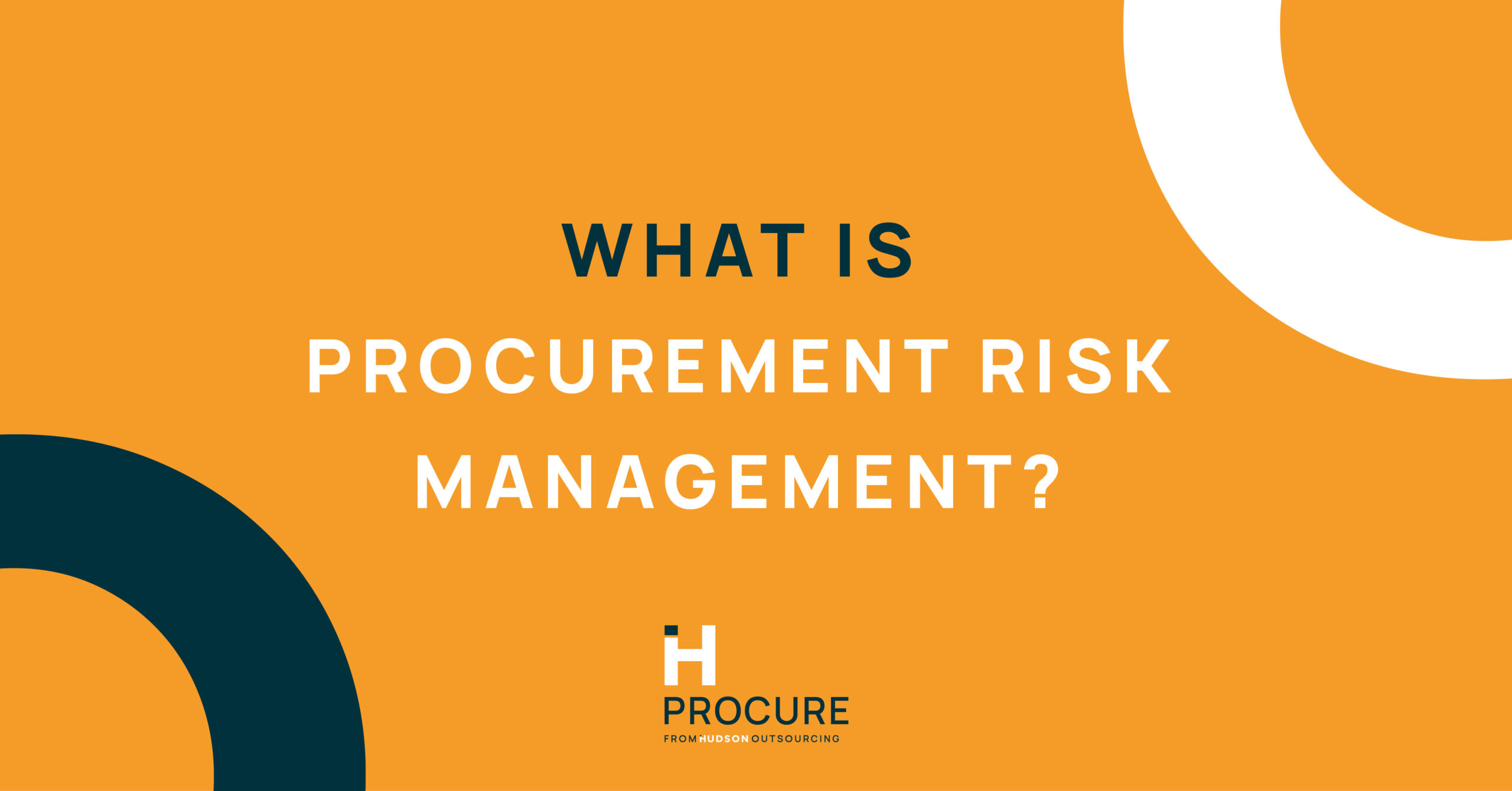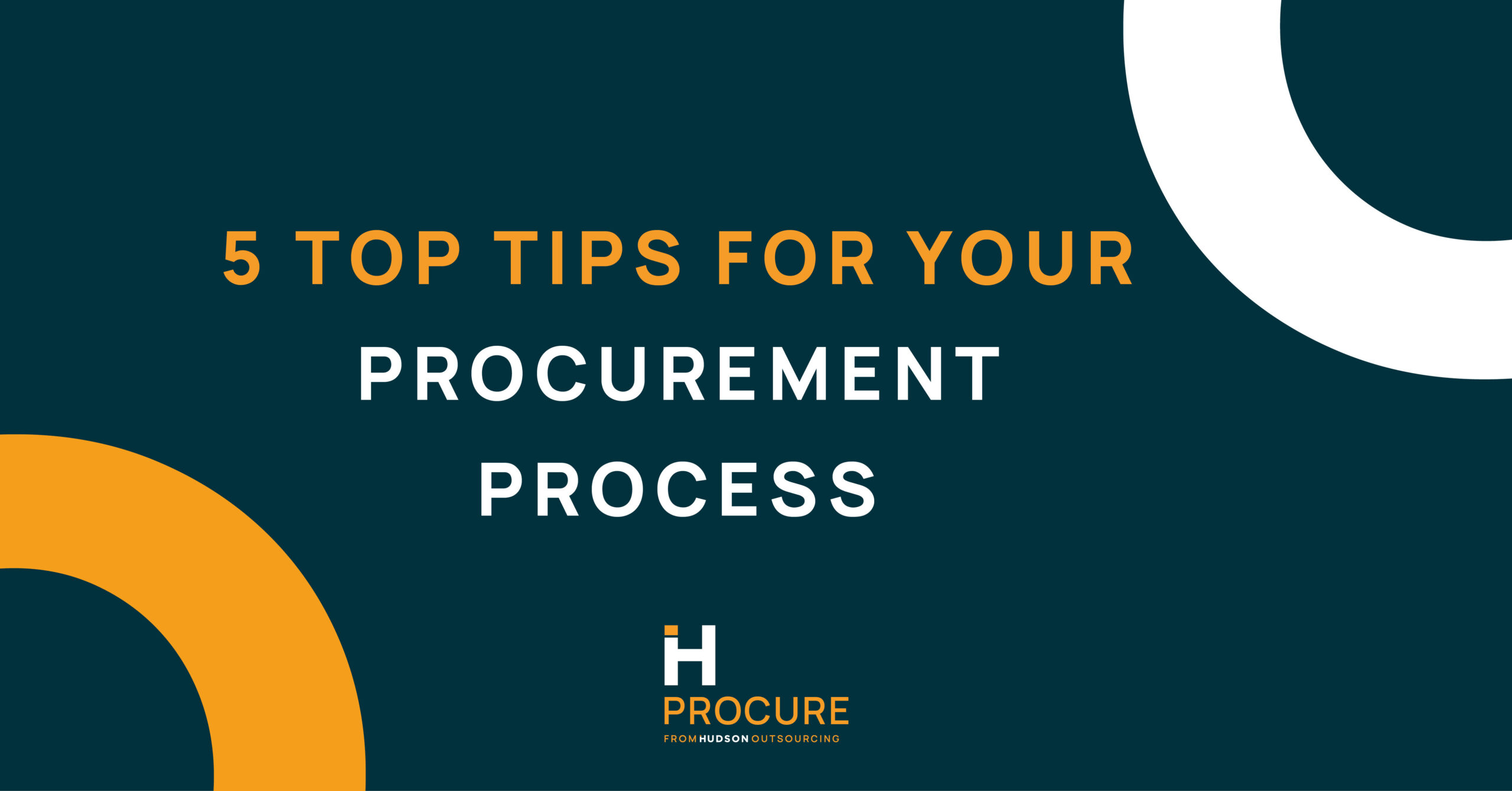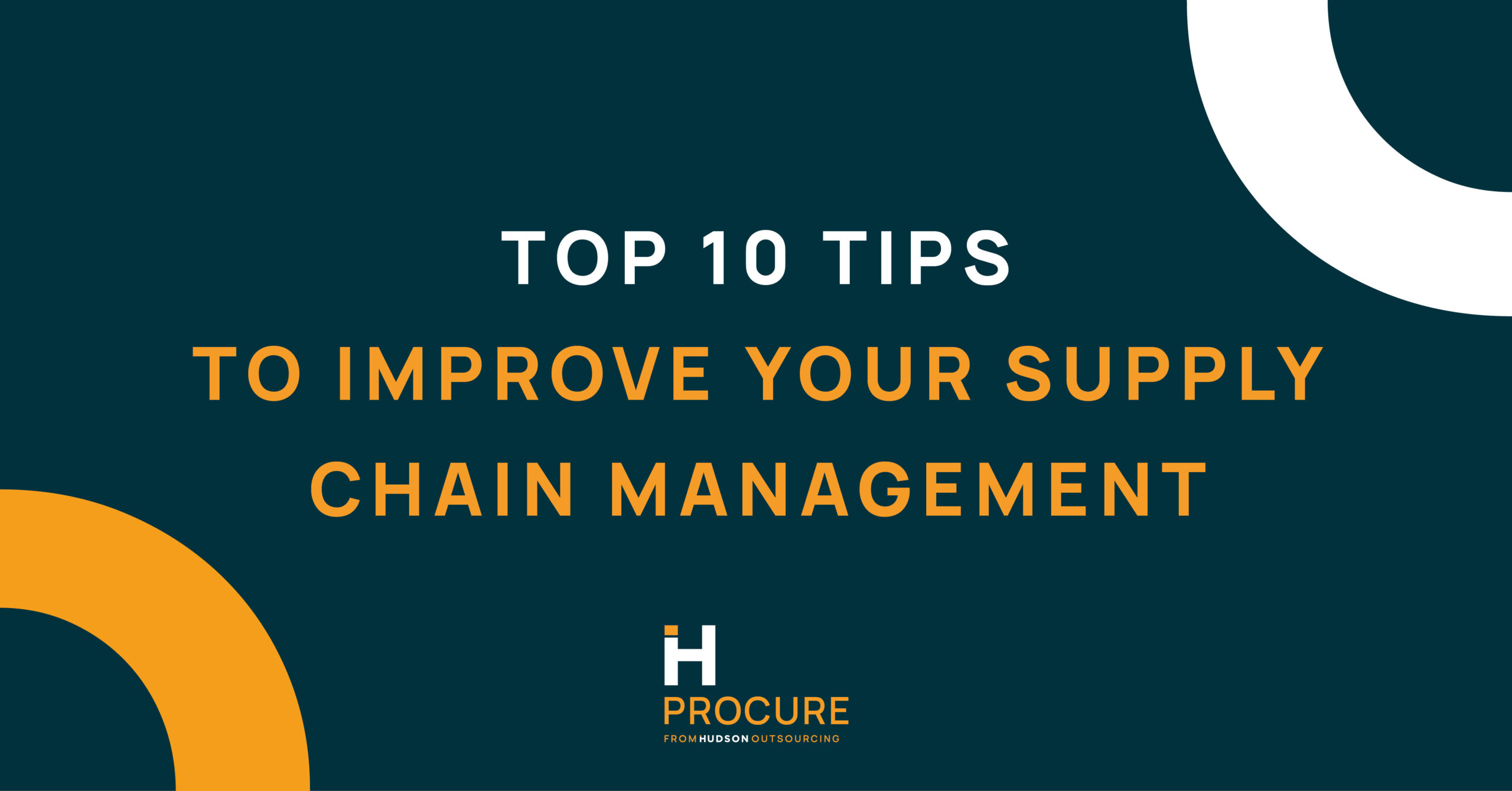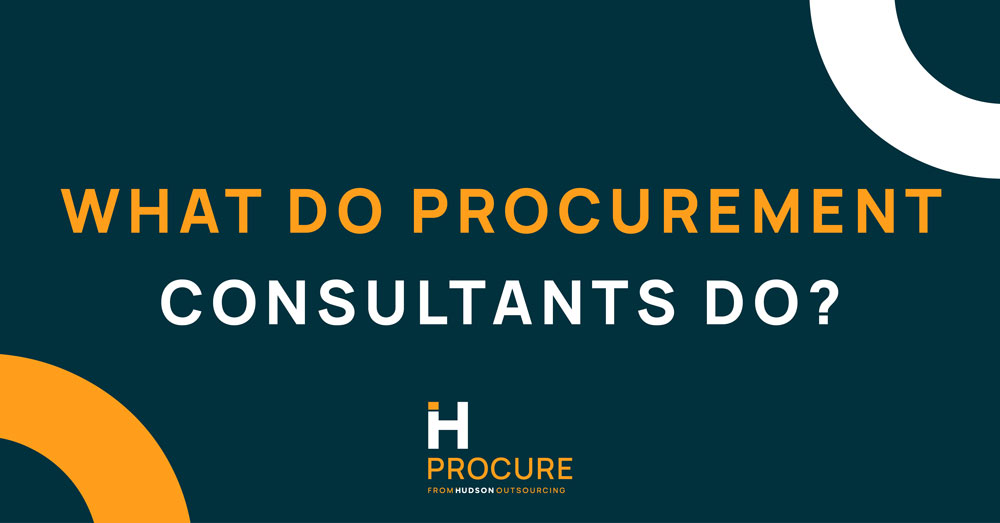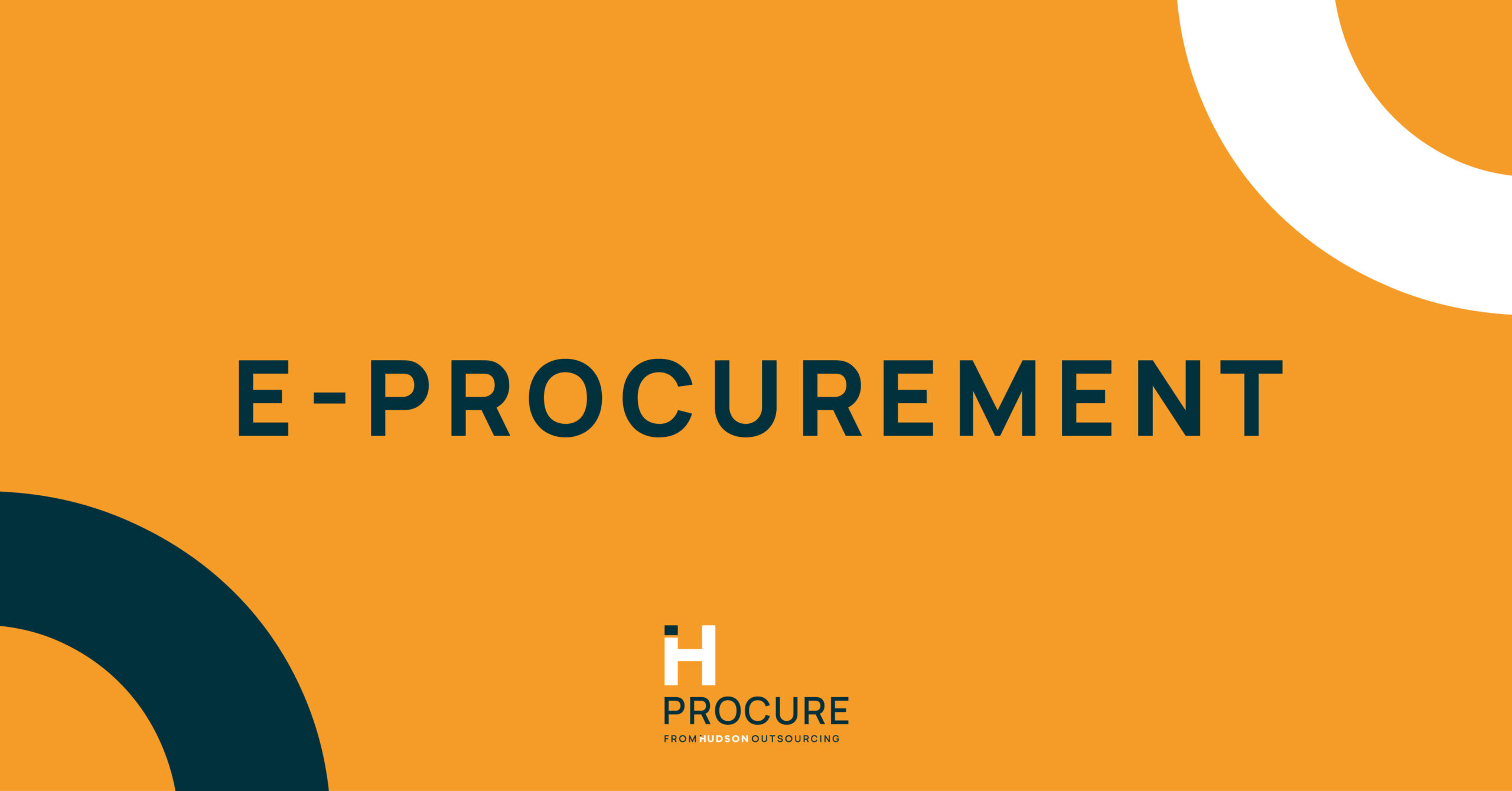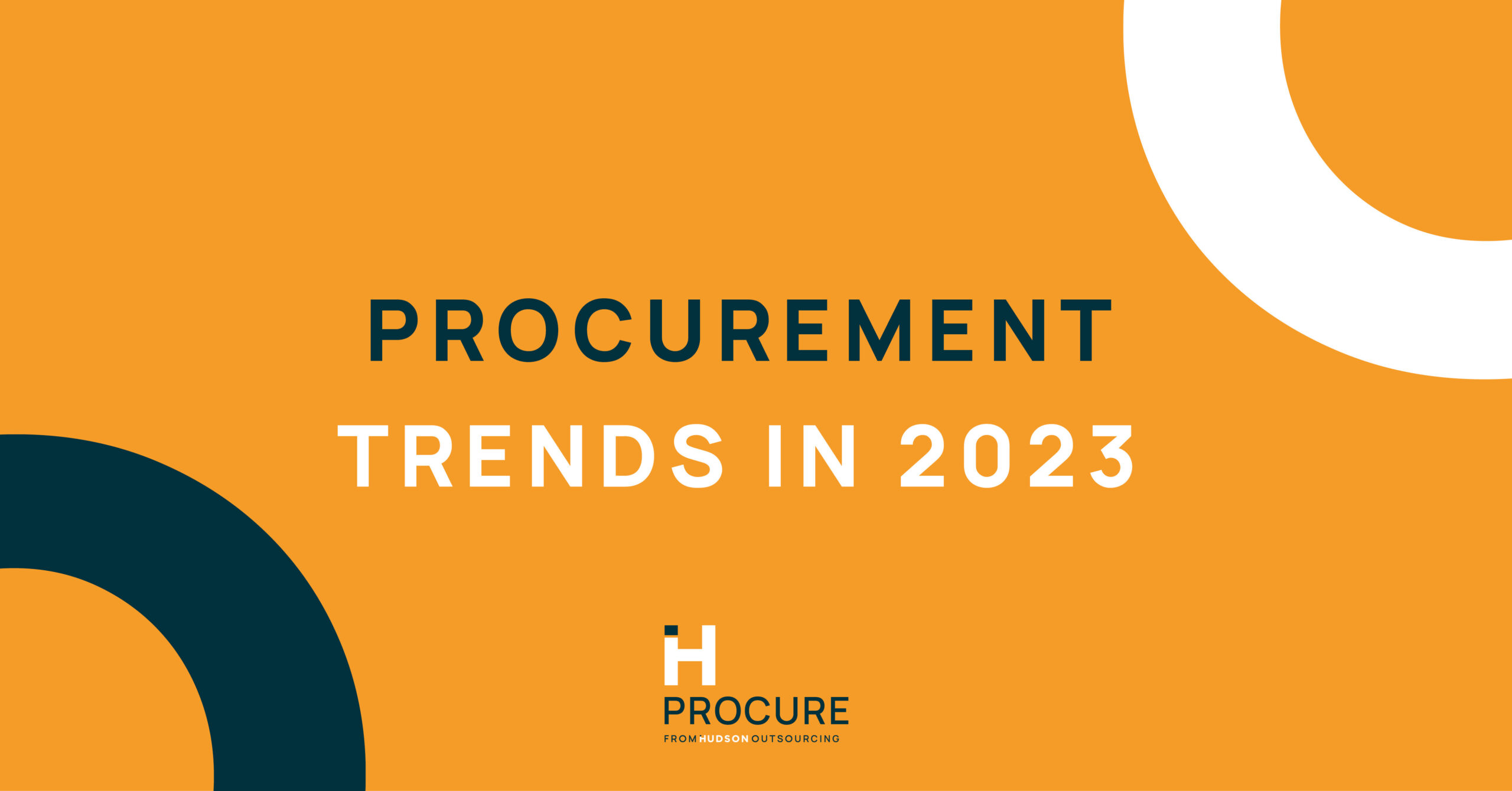Here’s everything you need to know about project procurement management plans…
Are you looking for solutions for your project procurement management plan? Maybe you simply want to know more about what they are. Luckily, the Hudson Procure Team of expert Sourcing Consultants are here to help!
In this blog, we will explain what a project procurement management plan is and how it benefits your business. Plus, we will tell you who can support you and your business with the procurement process. Get ready to learn more about what our expert Procurement Consultants advise.
What is a project procurement management plan?
So, let’s start off with what a project procurement management plan is. A project procurement management plan is a method of organising the requirements for a certain project. It’s a way of narrowing down the different steps that are required in order to get to the final contract.
This plan essentially defines all of the procurement needs such as decision criteria, contracts, approval process, cost determination, and more. These plans can change depending on the situation. This is beneficial as it can be adapted to ensure the business operations always run as smooth as possible.
These plans matter because it gives businesses the opportunity to save money, time, and resources. The project procurement management plan helps you to define the project from start to finish. In turn, it means everyone involved can understand the process. This is really important as the procurement process can sometimes be overwhelming. The more your team understands, the easier it will be and the more confident they will feel.
How do you create a project procurement management plan?
Here are some aspects that you should consider when you first begin creating a project procurement management plan:
1. Define your procurement needs
At the start, you should define what it is you require. Make a list of what services you need, the amount, the size, etc. (whatever is relevant to your business sector). This ensures you cover all bases, and you know exactly what you need to procure.
2. Consider risks
There will be risks to almost any project, so it’s important to be prepared. You should identify and mitigate risks to ensure the project runs smoothly. Make a list of any possible issues that may arise. Then, have a solution for each one. It is worth assigning a member of your team with the task of managing those risks. Of course, you may have an issue that could not have been foreseen. However, the likelihood is that you can prepare for the majority of issues that may arise. This is why procurement risk management is so beneficial.
3. Define your decision criteria
It is likely that you will have a lot of bids from promising suppliers. You need to have a method of evaluating each bid to find the supplier that’s right for the job. In most cases, you’ll be looking for the most economically advantageous tender (MEAT). This will play into your evaluation criteria. Once you have these criteria, they should be available to everyone that reviews the bids.
Who can help you with your project procurement management plan?
We have only listed a few of the elements to consider when creating a project procurement management plan. However, there is a lot of work involved in procurement, and you may feel overwhelmed. This can be the case if you have a busy schedule with running your business. As is the case if this is your first-time procuring services. The good news is that there is help available to support you through the entire process.
Sourcing consulting firms are experts in the procurement process. They know what it takes to conduct effective and efficient procurement from start to finish.
Up to 70% of services must be procured. Often times, it isn’t carried out in the most efficient way. It is vital that businesses do all they can to conduct procurement properly. This is why turning to the experts for procurement consultancy services can be such a benefit. They can guide you through each step, not just with your procurement management plan.
Our Sourcing Specialists at Hudson Procure have 20 years of experience working with clients in over 30 countries. We’ve helped these businesses with their requirements. This includes writing procurement and tender documents, guiding them through the entire process, and advising their project procurement management plan.
Summary
By now, you should know what a project procurement management plan is and who can help you. Let’s recap everything we covered so nothing is forgotten!
A project procurement management plan is a method of getting your procurement strategy in order.
How do you create a project procurement management plan?
Here’s just a few things to consider:
- Define your procurement needs
- Consider risks and have solutions prepared
- Define your decision criteria.
Who can help you with your project procurement management plan?
You can turn to expert procurement specialists to help with your project procurement management plan. They can also help with many other aspects of the process.
Still got questions about project procurement management plans? Contact us to speak with one of our purchasing professionals and see how we can help!
How can Hudson Procure help with the procurement process?
At Hudson Procure, our procurement experts have nearly two decades of experience. No matter what kind of support you’re looking for, we can help.
Procure Consult
With Procure Consult, we’re offering support with tender management and ad-hoc procurement consultancy. Our expert team will manage the end-to-end procurement process or offer assistance at any stage, as and when required.
Procure Health Check
With Procure Health Check, we’ll conduct a full review of the strategic and operational procurement processes within your organisation. We’ll identify the areas that need improvement and help you drive greater value from the procurement process.
Procure Analyse
The purpose of Procure Analyse is to conduct a high-level analysis of your spending activity. We’ll help you understand your current purchasing behaviour and highlight areas that can deliver greater value. Offered as part of Procure Health Check or as a standalone service.
Procure Outsourcing
With Procure Outsourcing, we deliver a range of procurement solutions on an outsourced basis, completely bespoke to you. This can range from delivering multiple tender projects as a package to delivering the full procurement function of your organisation.
Procure Post
With Procure Post, you can share your tender on one or more of our 11 sector-specific portals. This way, you’ll increase your chances of finding the perfect supplier.
Get in touch for a consultation and find out how we can help your business grow.
Check out our other blogs for further Procurement Insights:


